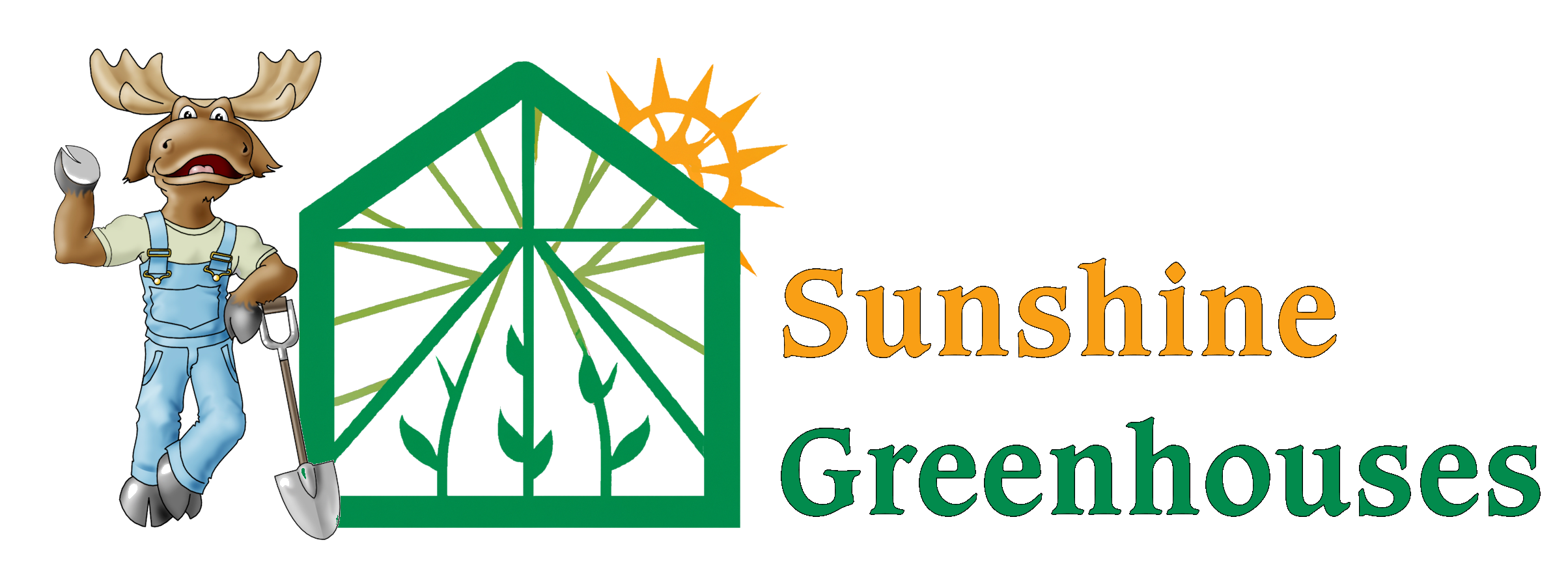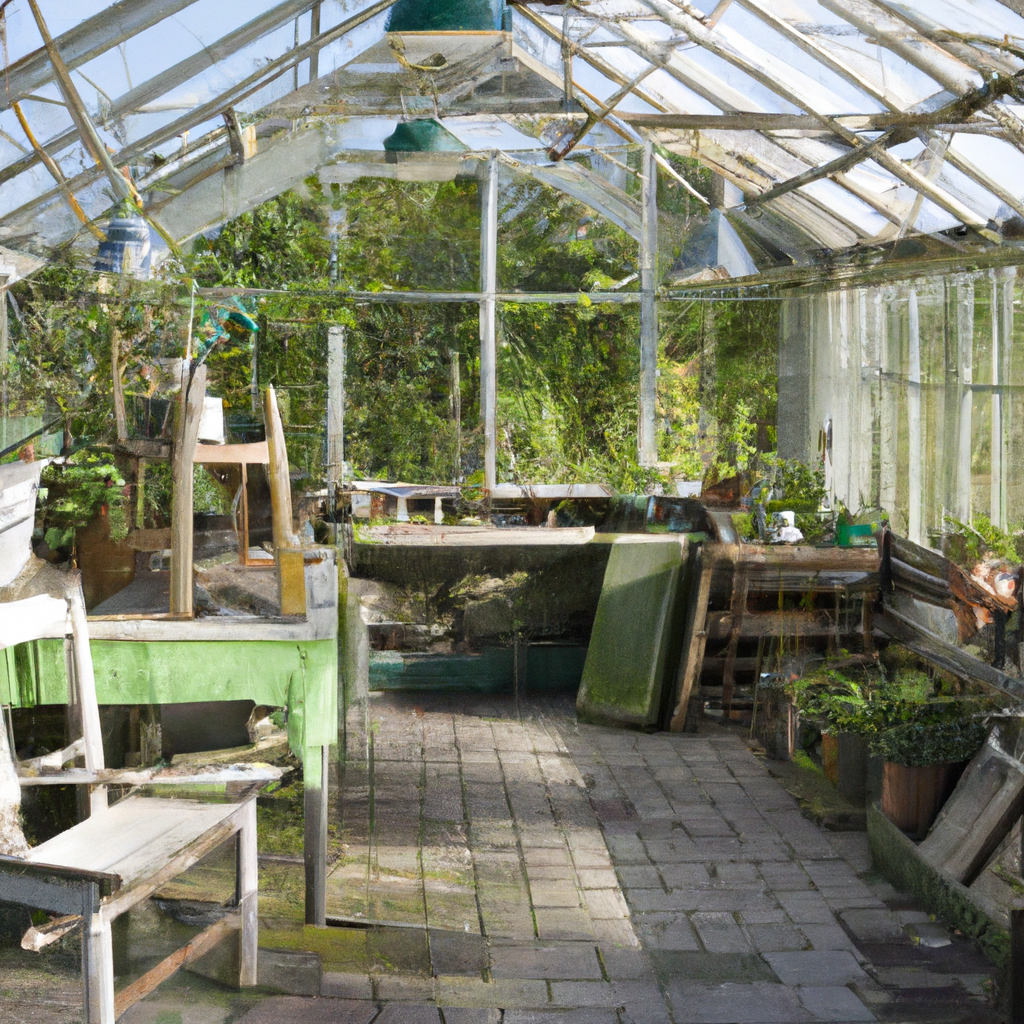Welcome to the world of composting, where waste becomes gold for your garden! In this beginner's guide, we will explore the benefits of composting, the different methods of composting, and how you can start your own compost bin today. Whether you are a seasoned gardener looking for a sustainable way to enrich your soil or a newbie who wants to reduce their carbon footprint, this guide is perfect! So, let's get our hands dirty and discover the magic of composting.
1. What is composting and why is it important?
Composting is a natural and effective way of recycling organic materials, such as food scraps and leaves, into nutrient-rich fertilizers that can improve soil health. The process involves gathering these materials into a compost pile or container and allowing them to decompose and become organic matter. This reduces the amount of waste sent to landfills and helps address climate change by reducing methane emissions. Composting is an essential practice for gardeners and anyone interested in sustainable living. It reduces waste and greenhouse gas emissions and produces an abundance of natural fertilizer that can be used to grow healthier and more productive plants. By incorporating the practice of composting into daily life, individuals can make a positive impact on the environment while enriching their gardens and communities.
2. Materials to use in composting
When it comes to composting, using the right materials is important for creating nutrient-rich soil for your garden. As mentioned earlier, the key ingredients for fast-cooking hot compost are nitrogen, carbon, air, and water. Green materials like fruit and vegetable scraps, used tea, coffee grounds, grass clippings, and plant cuttings provide nitrogen. In contrast, brown materials like straw, leaves, sawdust pellets, and wood ashes offer carbon. It's essential to add these materials in the correct ratio of four parts carbon-rich brown materials to each one part nitrogen-rich green material. Avoid adding meat, dairy, and oily foods, as they can attract unwanted pests and slow down the composting process. By using suitable materials and avoiding the wrong ones, you'll be on your way to creating nutrient-rich compost for your garden in no time.
3. What to avoid when composting
When it comes to composting, there are some things to avoid to maintain a healthy and effective pile. Firstly, avoid putting meat, dairy or oily foods in the compost pile as they tend to create unpleasant odors and attract pests. In addition, steer clear of pet waste and treated wood products, as they can contain harmful chemicals that may contaminate the compost. It's also best to avoid composting weeds that have gone to seed or any plants treated with herbicides. These can end up re-growing in your garden and cause more harm than good. By paying attention to what is put into the compost pile, beginners can ensure that they have valuable organic fertilizer that will benefit their gardens in the long run.
4. The composting process: a guide for beginners
Once you've gathered all the necessary materials, it's time to start the composting process. Begin by layering your brown and green materials into your compost bin, adding water to keep it moist but not soaked. The pile should be turned frequently to ensure even decomposition and prevent any funky odors. As the organic matter breaks down, it will begin to heat up, signaling that the process is working. It's important to monitor your compost pile and adjust as needed to maintain the proper balance of ingredients. With patience and diligence, you'll be left with a nutrient-rich fertilizer for use in your garden. Composting not only diverts waste from landfills but also promotes sustainable gardening practices, making it a win-win situation for both you and the environment.
5. The benefits of organic fertilizer
Organic fertilizer is a great way to improve the properties of agricultural soil and promote plant growth while also reducing waste. As discussed in the previous sections, materials like food, animal, and garden waste can all be composted to create high-quality organic fertilizer. The benefits of using organic fertilizer include increased soil fertility, higher crop yields, and improved plant health. In addition, using organic fertilizers can help reduce the damage caused by heavy metals often found in chemical fertilizers. Liquid manure is another effective alternative to chemical fertilizers, offering many of the same benefits as organic fertilizers. With the right tools and equipment, composting is a simple and easy process that anyone can do. By following the tips outlined in this guide, beginners can successfully maintain a compost pile and use their finished compost to support healthy and productive gardens. Overall, by using organic fertilizers and composting, individuals can help reduce waste, improve soil health, and promote sustainable agricultural practices.
6. Reducing damage from heavy metals with organic fertilization
Reducing damage from heavy metals is a growing concern for many gardeners. Organic fertilization can help mitigate the damage caused by heavy metals in your soil. It's important to remember that compost created from organic materials has a lower concentration of heavy metals than chemical fertilizers. So using organic fertilizer can minimize your plants' uptake of heavy metals. Additionally, keeping your soil healthy with organic matter can improve soil structure and increase the soil's ability to bind heavy metals, preventing them from leaching into groundwater. By incorporating organic fertilization techniques into your composting process, you can help reduce the damage caused by heavy metals and create a healthy and vibrant garden.
7. Liquid manure: an effective alternative to chemical fertilizers
In addition to composting, liquid manure can also be an effective alternative to chemical fertilizers. This organic fertilizer is made by steeping mature manure in water for several days, then straining out the solids. The resulting liquid is rich in nutrients and can be used to feed plants directly. By utilizing liquid manure, gardeners reduce their reliance on harmful synthetic fertilizers and ensure their plants are nourished with all-natural, organic nutrients. In combination with composting, liquid manure can help to create healthy, thriving gardens and reduce damage from heavy metal buildup in the soil. It's easy to make at home and is a sustainable way to keep your plants healthy and happy.
8. An introduction to composting tools and equipment
When it comes to composting, having the right tools and equipment can make all the difference. In this section, beginners can learn about the essential tools they’ll need to get started. Some of these may include garden forks, compost thermometers, and compost bins. It’s important to choose tools that are durable and easy to use. As beginners learn about the composting process and the desired decomposition temperature, having a tool like a thermometer can help maintain the ideal environment for the compost. Another important tool is a compost bin, which can help contain and protect the organic matter. However, it's important to note that homemade bins can work just as effectively as store-bought ones. By acquiring the necessary tools and equipment, beginners can easily start their composting journey and create their own organic fertilizer for gardening purposes. Once the compost is ready, the next section will focus on how to utilize it in the garden.
9. Tips for maintaining a successful compost pile
Composting is a great way to reduce waste and produce organic fertilizer for your garden. However, maintaining a successful compost pile can be challenging for beginners. Here are some tips to help you out. Firstly, make sure to keep your compost pile moist by adding water when necessary. Mix your compost pile every few weeks to ensure proper aeration and prevent foul odors. Thirdly, avoid adding meat, dairy, and fats to your compost pile, as they can attract pests and slow down the composting process. Fourthly, adding finished compost or soil to your compost pile can help introduce necessary microorganisms for decomposition. Lastly, cover your compost pile with a tarp or bin to regulate temperature and prevent excess moisture. Following these tips, you can maintain a successful compost pile and produce nutrient-rich fertilizer for your garden.
10. How to use your finished compost in your garden.
After all the hard work of composting, it's time to enjoy the fruits of your labor! The finished compost can be used in a variety of ways to improve the soil in your garden. Mixing the compost into the soil can add nutrients, improve drainage, and promote healthy plant growth. It can also be used as a mulch to suppress weed growth, retain moisture, and regulate soil temperature. Depending on the type of plants in your garden, you may want to adjust how you use your compost. For example, plants with high nitrogen needs, like leafy greens, may benefit from a heavier application of compost. On the other hand, fruiting plants, like tomatoes, may benefit from a lighter application in order to promote fruit development. With a little experimentation, you'll find the perfect way to use your finished compost for maximum effectiveness in your garden.

